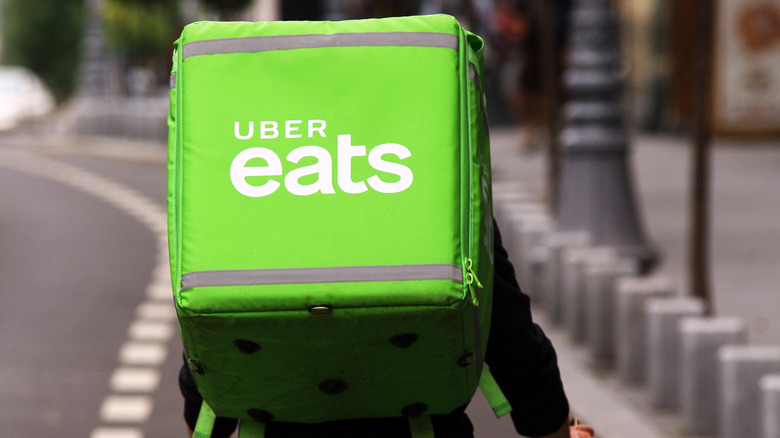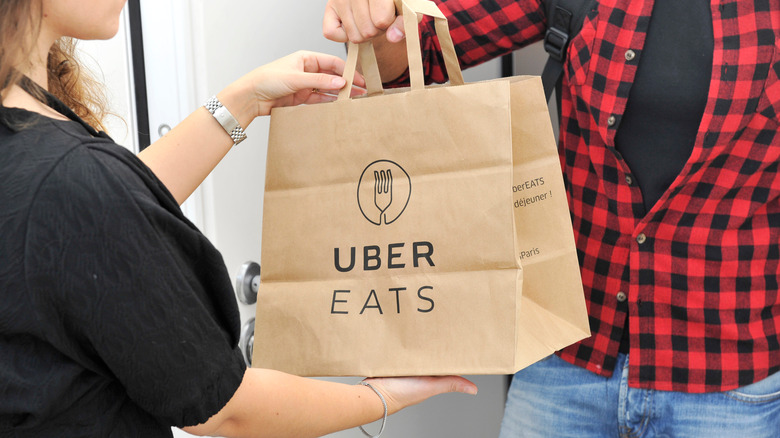Why Uber Eats Will Pay More Than $3 Million To Seattle Workers?
When the COVID-19 pandemic brought much of our daily life to halt across the country, gig economy companies that dispatch nominally-contractual workers to run a host of errands, from shopping for and delivering groceries to ferrying food orders, were uniquely poised to thrive. According to a January 2021 article from 5280, some companies reported a 25% increase in gig work opportunities once pandemic-related lockdowns began around March 2020.
While seemingly a win for gig economy workers, the pandemic proved rife with both opportunities and obstacles, reports Accurate. Demand was indeed up, but so was competition for gigs. Those who did persevere in gig work found themselves in an employment gray area where the usual protections and benefits afforded workers, such as unemployment coverage and health benefits, didn't apply to the 1099 contract status.
In the wake of the uncertainty spotlighted by the explosive growth of gig work during the pandemic and seeking to protect workers' rights, many states and municipalities enacted provisions as safeguards. One such law, Seattle's Premium Pay Ordinance, ensures minimum payout for gig economy workers making pickups and dropoffs within the city limits (via Seattle Office of Labor Standards). Now Uber Eats is preparing to pay its Seattle workers over $3 million.
Not meeting the minimum
Recently, industry titan Uber Eats was found in violation of the ordinance and has entered into a settlement with Seattle to the tune of $3.3 million. Specifically, Restaurant Dive reports that the company, which partners with eateries to place orders and deliver meals as well as with other types of businesses to deliver goods, skipped out on paying drivers mandatory minimums.
Regardless of its status, if either half of a transaction, such as an Uber Eats delivery or Uber Rides trip, originates or terminates in Seattle, the driver is guaranteed $2.50. As noted on the city's website, additional stops in Seattle each mandate a $1.25 increase in premium pay, and the ordinance further prevents companies from engaging in protectionist practices or retaliating against employees in relation to the ordinance.
Uber Eats blamed the failure to pay mandated rates to drivers on an error in its software. In a press release issued by the Seattle Office of Labor Standards (OLS), the company stated that it was satisfied with the outcome and praised the OLS for alerting it to the error while helping them make whole-affected drivers. This comes hot on the heels of a recent settlement Uber entered into with the state of California to rectify a situation in which the company was found to have misclassified drivers for both Uber Rides and Uber eats in violation of 2019 law that places strict specifications on how contract employees are defined, states the Society for Human Resource Management.

